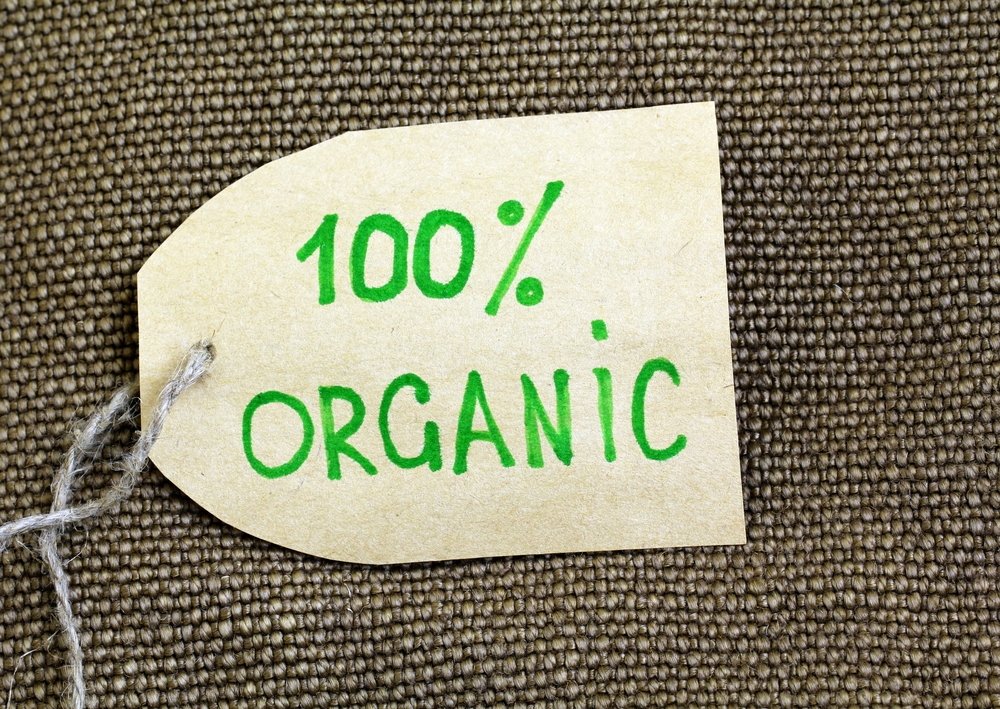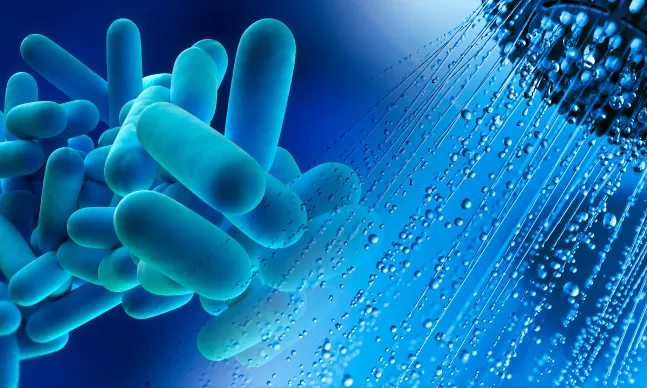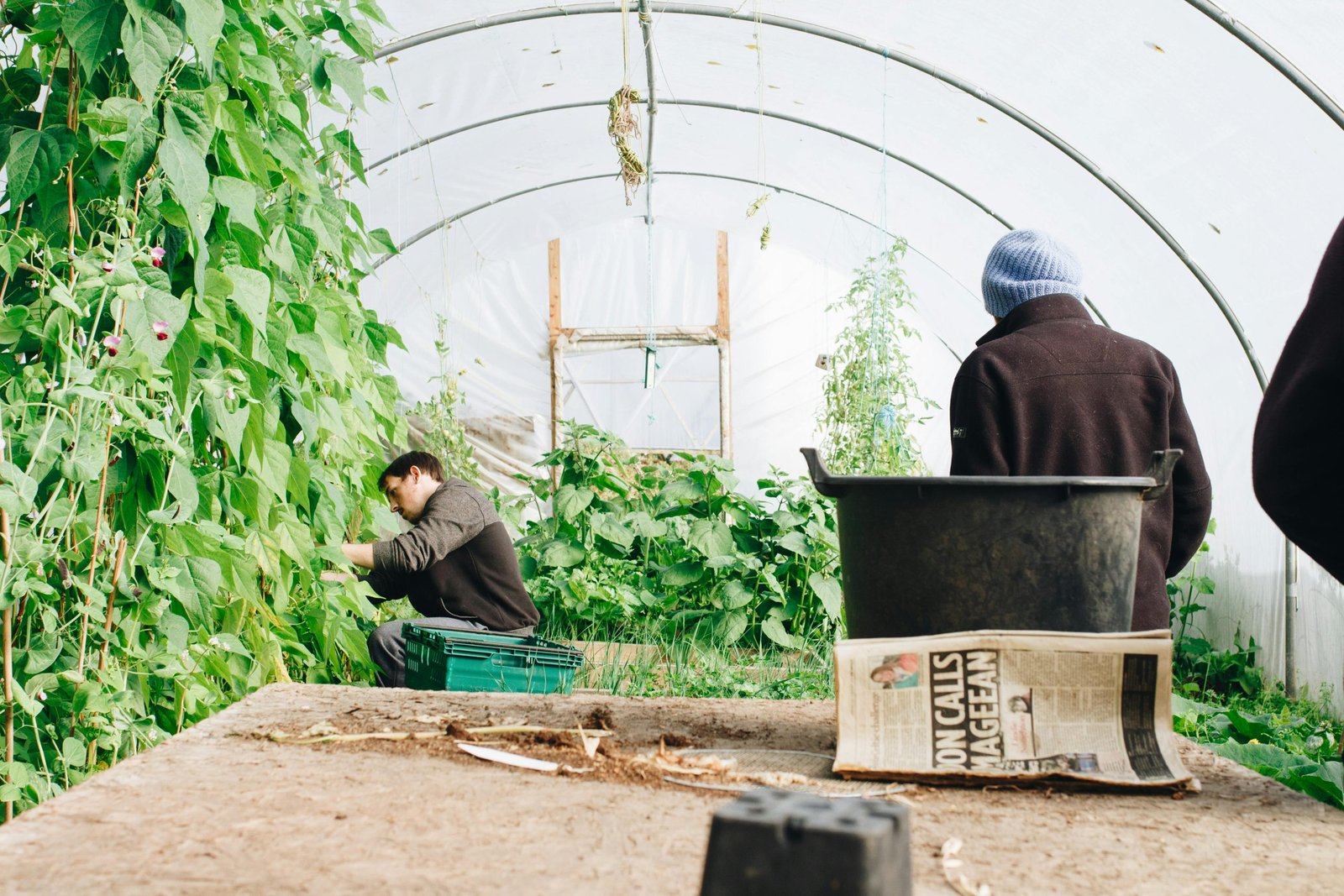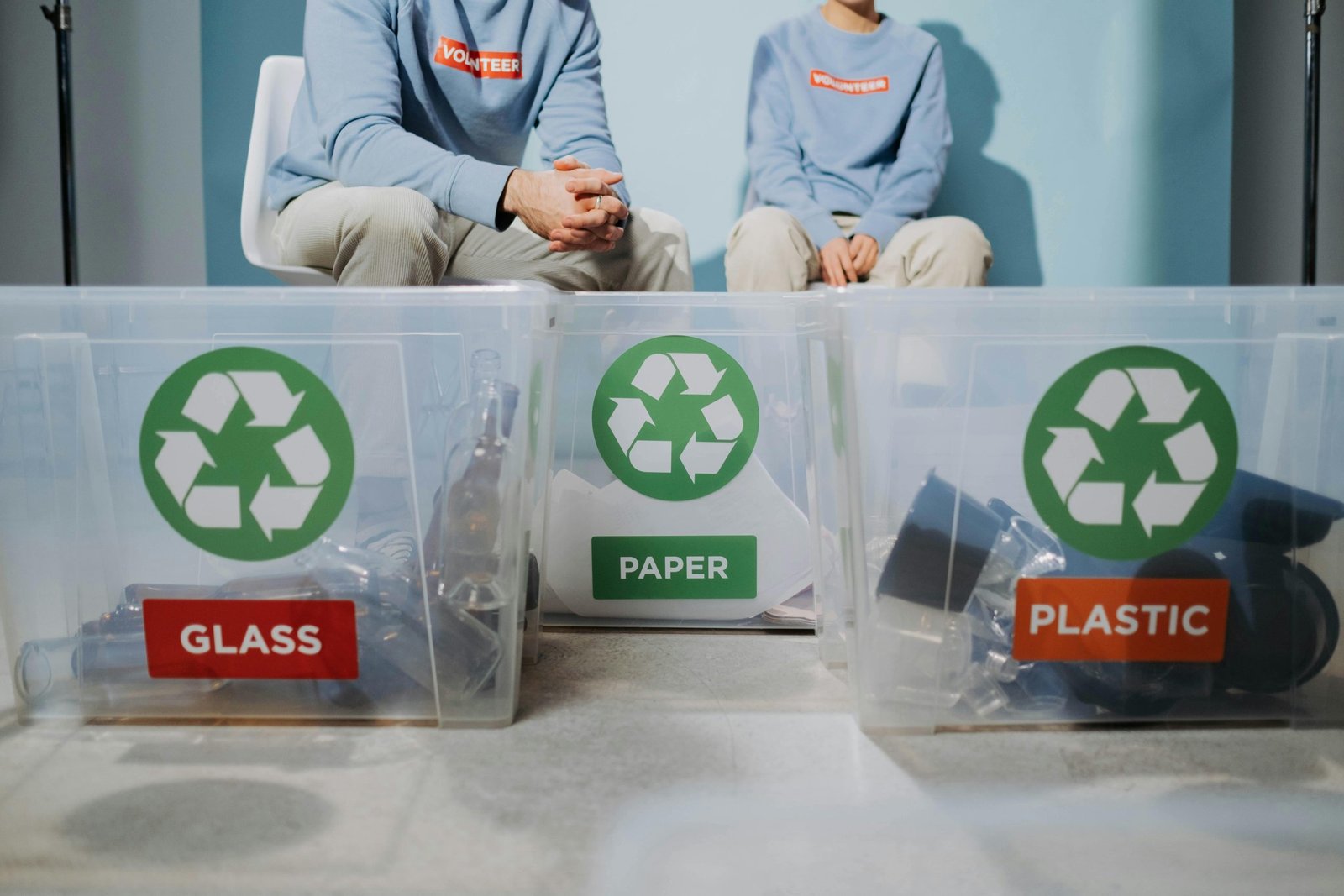Everything about the new organic regulation
The European Commission “welcomes the Council’s approval of the co-legislators’ agreement on the new rules for organic production” and stresses that it looks forward to the final steps leading to the adoption of the new organic regulation.
According to the Commission, once adopted, the new rules will enter into force on 1 January 2021. This deadline will give producers, businesses and trading partners the appropriate time to adapt to the new framework.
As part of the update, the Committee has published the following practical guide with questions and answers:
Why do we need a new set of rules for the organic sector?
Many of the current rules were adopted more than 20 years ago and need to be updated to reflect the significant changes the EU organic sector has experienced over the last two decades. Organic products are no longer a niche part of the EU agri-food sector as they were when the current rules were first drawn up. In fact, today organic production represents one of the most dynamic sectors of EU agriculture, with the area of land used for organic farming growing at a rate of around 4 million hectares per year. The value of the EU organic market is around EUR 27 billion, having increased by around 125 % over the last ten years. The patchwork of rules and derogations currently in place do not provide sufficient certainty and security in this extremely important sector of European agriculture, while the simpler, more harmonised approach of the new regulation should help it to grow even faster.
What is the added value of this reform and what will change?
It will ensure fair treatment of EU organic producers and the EU organic logo will offer consumers the same quality guarantees across Europe. Given that most consumers pay higher prices for organic food, this guarantee of quality is extremely important.
The main improvement is the introduction of a single set of rules for the whole EU, covering the entire EU organic production sector. The old rules allowed a system of ‘made-to-measure’ exemptions, sometimes even at producer level. The new rules take into account the need for flexibility that these derogations served in the past. Duly justified derogations, such as the temporary substitution of organic ingredients for non-organic ingredients in cases of stock shortages, will continue to be allowed, but will now be subject to time limits, will be assessed on a regular basis and, if necessary, will be applied to all producers to ensure fair treatment for all. The same rules will apply to all organic producers and to all organic products.
This single set of rules will also apply to non-EU farmers who export their organic products to the EU market. It will replace the more than 60 different standards that are considered equivalent and currently apply to imported organic food. At present, we have a situation where producers within the same country may be subject to different standards when that country does not have an equivalence status with the EU, simply because certification bodies set their own standards. Compliance with the EU’s single set of rules will replace the principle of equivalence. It implies significant improvements for trade, most importantly ensuring a level playing field between EU and third country companies.
The scope of the rules has been extended to cover a number of new products, such as salt, cork and essential oils. There will also be the possibility to add new products to the regulation in the future, so that it can respond to developments in the sector and consumer demands, offering additional opportunities for producers.
The new regulation will mean simplification for farmers. For example, small farmers will now be able to opt for the group certification scheme, which will reduce the cost of certification and facilitate their integration into the organic production system.
New opportunities will also be created through the creation of a new market for organic seeds and other plant breeding material with a high level of genetic biodiversity. As a result, the biodiversity and sustainability of crops will be improved and innovation will be enhanced. Resistance to pests and diseases will be improved and emphasis will be placed on better adaptation to local conditions.
Will these new rules mean more controls and more red tape for organic producers and certification bodies?
No. On the contrary, the new rules strike a balance between the need to carry out controls to ensure consumer confidence in the sector and the burden this places on farmers and competent authorities. The controls are carried out at Member State level and are unannounced, which ensures their effectiveness. The normal procedure is to carry out annual checks, but the new rules recognise that this is not always necessary for established organic producers. For producers with a clean register after three consecutive years of annual controls, national authorities will be able to decide to control them only once every two years. This possibility will reduce bureaucracy for both farmers and national administrations.
Is the use of pesticides allowed in organic food?
The rules for organic production are very clear: certified producers are under no circumstances allowed to use unauthorised substances, such as pesticides, on their crops. This has always been the case and does not change with the new rules.
The new rules establish the precautionary measures that operators must take to limit the risk of accidental “contamination” by pesticides used in conventional crops next to organic crops. National authorities are responsible for monitoring these measures. Consumers should be able to be absolutely certain that no active pesticides are used in the production of products bearing the EU organic logo and that all possible precautions have been taken to reduce the small risk of accidental pesticide presence.
In cases where there are complaints about the presence of pesticides in organic products, national authorities are obliged to carry out an investigation. However, in order to lead to the opening of a formal investigation, such complaints should be clearly substantiated. The investigation should identify the source and cause of the presence of the substances in question and use all appropriate methods to eliminate any suspicion without undue delay.
The Commission will assess the situation within four years from the date of application of the new regulation, i.e. 1 January 2021. The evaluation will include a comprehensive analysis of national rules and practices concerning limits for unauthorised substances and will assess future actions on this issue.
What do the new rules imply for imported organic products?
The new regulation covers not only EU organic products, but also products imported into the EU from other countries.
As far as recognised control bodies are concerned, the new rules will be the same for EU producers and third country producers who wish to sell their products on the EU single market. Instead of producing their products to standards considered equivalent to EU rules, third country producers will now be subject to the same rules as those applicable to EU producers. This is essentially a shift from the principle of equivalence to the principle of compliance. This will ensure a level playing field for all producers, who can be assured that all are required to comply with the same high standards, and also reassure consumers that organic products sold in the EU, whether or not they have been produced there, meet the same quality standards.
Until now, imported products have been certified according to the national rules of equivalent third countries or according to some of the 60 or so different sets of rules established by inspection bodies and recognised by the EU as equivalent to its own organic production rules. For example, some control bodies have allowed the use of certain plant protection products that are not used in the EU (in cases, for example, where they are used to control diseases that do not exist in Europe and for which there are therefore no European rules).
How will the EU’s organic agreements with other countries be affected?
The EU has recognised that several non-EU countries (so-called third countries) have equivalent rules and control systems in the organic sector. Some third countries, such as Canada, Japan, the United States, Tunisia, New Zealand, etc., have also recognised EU equivalence through equivalence regimes or equivalence agreements, which means that both parties have recognised each other’s organic production rules and control systems as equivalent under their respective rules. These recognitions provide European consumers with the possibility to choose from a wide range of organic products, while offering export opportunities for EU producers.
The new provisions should be incorporated into existing schemes or agreements concluded, where appropriate, within a reasonable period of time.
The existing recognition of equivalence of third countries currently outside the scope of the reciprocal equivalence regimes should take the form of reciprocal trade agreements in order to ensure a more complete legal framework for operators. The transitional period of 5 years ensures that both the EU and its partners will have time to negotiate the terms of a mutually beneficial agreement.
What do the new rules for organic production in greenhouses entail?
Getting plants to obtain their nutrients primarily through the soil ecosystem is one of the main requirements of organic production. The new regulation confirms the relationship with the soil as a key principle, and therefore the use of ‘growing beds’ is not considered to be compatible with the broader principles of organic production.
However, the new regulation will allow producers in Member States where this practice is already allowed for organic farming to continue to use greenhouses for a limited period of 10 years. The Commission will present a report on the use of growing beds in greenhouses 5 years after the date of application of the new regulation, which may be accompanied, if appropriate, by a legislative proposal.
Will the rules apply to all organic products, including processed products?
The new organic production regulation will apply to live and unprocessed agricultural products, including seeds and other plant propagating material, as well as processed agricultural products used as food and feed.
Processed products can only be labelled as organic if at least 95 % of the ingredients of agricultural origin are organic.
Source.





